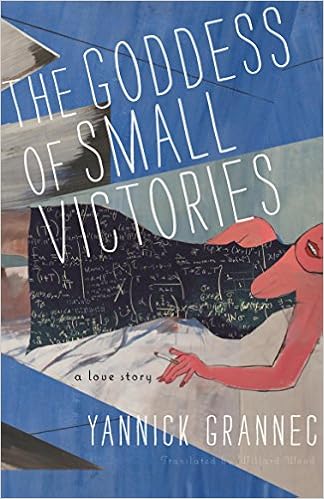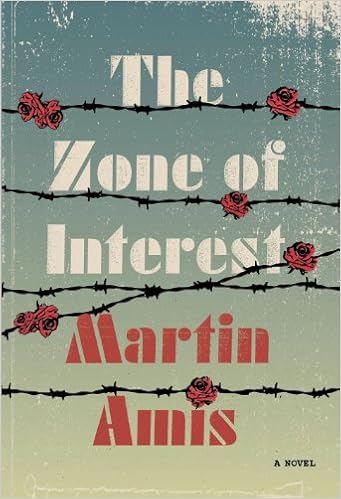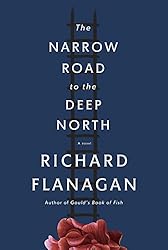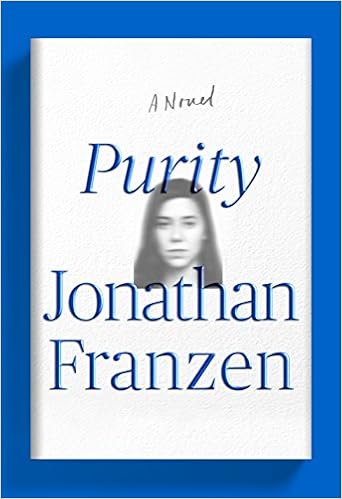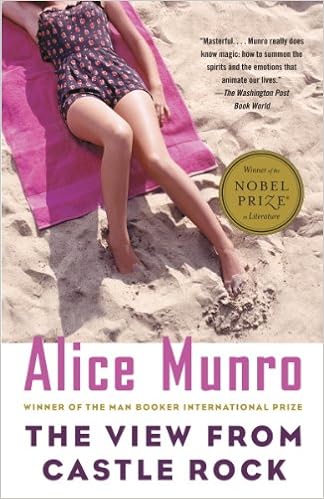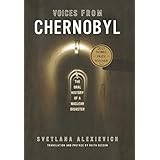We have a contract on a condo! Those of you who live in Louisville will recognize it as 1400 Willow. And while it looks like a high-rise apartment building anywhere, it's actually located just across from Cherokee Park. (Cherokee Park is in the Highlands, where we live, and is a Fredrick Law Olmstead Park, which is one of the reasons we so much wanted to stay in this area.) We are on the eighth floor in the front, overlooking Cherokee Triangle and the Park itself. It has several things we most wanted: it's in a secure building (so we can just walk away when we go to Michigan in the summer or on other trips); it has an elevator (so we can live here even if our legs eventually give out); it's in the Highlands.
There are very few buildings that fulfill all these criteria, and we have been hoping since last May. This is the first and only unit we've seen that checks all our boxes. So we jumped on it. We saw it on Monday evening the first day it came on the market, and by Tuesday afternoon, we had an accepted contract. We still need to go through all the preliminaries (inspection, appraisal, etc.) but we foresee no difficulties. Here are pictures from the listing service; remember this is not our furniture or style.
Entry Hall
Bedroom
There are very few buildings that fulfill all these criteria, and we have been hoping since last May. This is the first and only unit we've seen that checks all our boxes. So we jumped on it. We saw it on Monday evening the first day it came on the market, and by Tuesday afternoon, we had an accepted contract. We still need to go through all the preliminaries (inspection, appraisal, etc.) but we foresee no difficulties. Here are pictures from the listing service; remember this is not our furniture or style.
Entry Hall
Living Room. The back wall is all windows overlooking the park.
Dining Room.
Kitchen
Breakfast Nook
Second Bedroom/Den
Eventually we plan to redocorate, but that's a bit down the road,until we have settled in (and our finances have some breathing room.) We are up to our ears right now, renovating our house so we can sell it. So we are going to wait til we've lived in it a bit.
I have never made such an important decision so quickly. Tony and I usually belong to the Undeciders, senior level. But given the absolute lack of anything else (and how much we really like this building), we uncharacteristically jumped right in.
#1400 Willow
#BuyingaCondo














